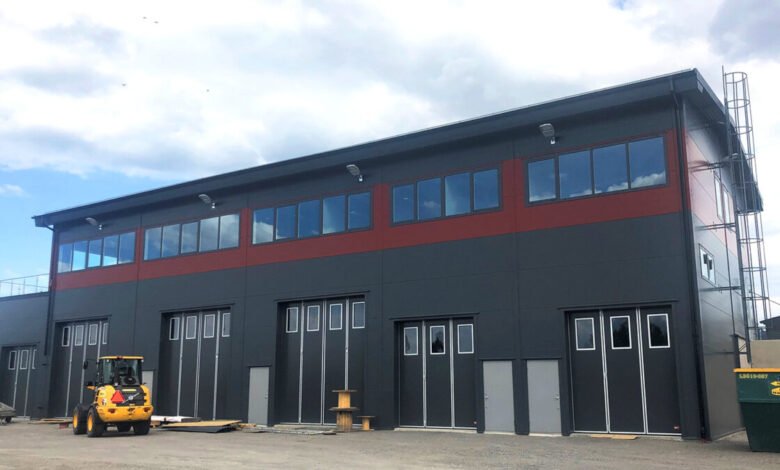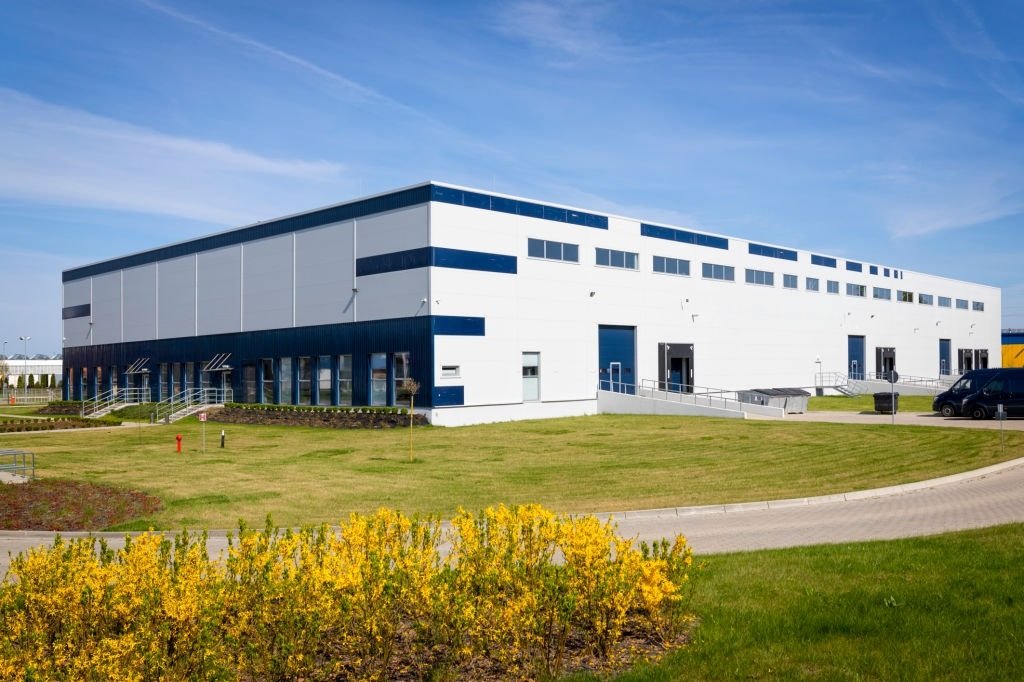Building:_Y8n1wf_Thg= Warehouse

The Building:_Y8n1wf_Thg= Warehouse stands at the forefront of modern logistics, showcasing an innovative approach to design and technology. Its modular construction offers flexibility, accommodating the dynamic nature of contemporary supply chain operations. Moreover, the integration of advanced automation systems not only enhances efficiency but also prioritizes employee well-being through thoughtfully designed workspaces. As sustainability becomes increasingly critical, this facility’s commitment to eco-friendly materials and energy systems raises questions about the future of warehouse operations. What implications might this have for the industry as a whole?
Innovative Design Features
In the realm of modern logistics, Building:_Y8n1wf_Thg= Warehouse innovative design features have become paramount in enhancing the efficiency and functionality of warehouses. Modular construction allows for flexible layouts, adapting spaces as operational needs evolve.
Coupled with ergonomic workspaces, these designs prioritize employee well-being and productivity. Such strategic enhancements not only streamline processes but also empower organizations to respond dynamically to changing market demands.
Read more: Beautiful:-Zudtlqgorm= Darood Sharif
Advanced Technology Integration
Advanced technology integration is revolutionizing warehouse operations by enhancing efficiency and accuracy across various processes.
The implementation of automation systems streamlines inventory management and order fulfillment, reducing human error.
Furthermore, smart logistics facilitates real-time tracking and data analysis, enabling adaptive decision-making.
This synergy of technologies empowers businesses to optimize resources, improve throughput, and ultimately achieve greater operational freedom and flexibility in their supply chains.
Sustainable Practices Implemented
The integration of advanced technologies in warehouse operations lays the groundwork for implementing sustainable practices that further enhance efficiency and environmental responsibility.
By utilizing eco-friendly materials in construction and packaging, and optimizing energy efficiency through smart systems, warehouses can significantly reduce their carbon footprint.
These practices not only promote sustainability but also align with a growing demand for environmental stewardship in the logistics sector.

Operational Efficiency Benefits
Operational efficiency in warehouse management is critical to enhancing overall productivity and reducing operational costs.
By implementing workflow optimization strategies, organizations can streamline processes, minimize delays, and improve inventory accuracy. This not only facilitates cost reduction but also empowers teams to focus on value-added activities.
Ultimately, achieving operational efficiency fosters a culture of continuous improvement, enabling businesses to respond swiftly to market demands.
Read more: Building:_Sv1pfij7oe= Trust
Conclusion
The Building:_Y8n1wf_Thg= Warehouse stands as a paragon of modern logistics, harmonizing innovative design, advanced technology, and sustainable practices. By embracing modular construction and automation, this facility not only enhances operational efficiency but also elevates employee well-being. The commitment to eco-friendly materials and smart energy systems exemplifies a remarkable stride towards reducing the carbon footprint. Ultimately, this warehouse transcends conventional standards, setting an unparalleled benchmark in the logistics industry, where efficiency meets environmental responsibility.




